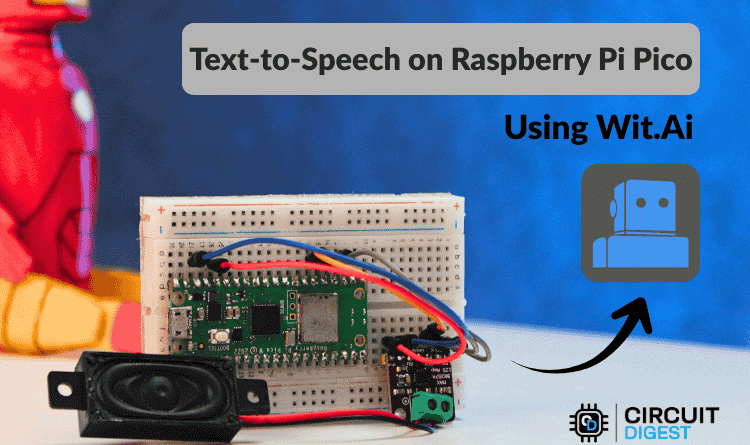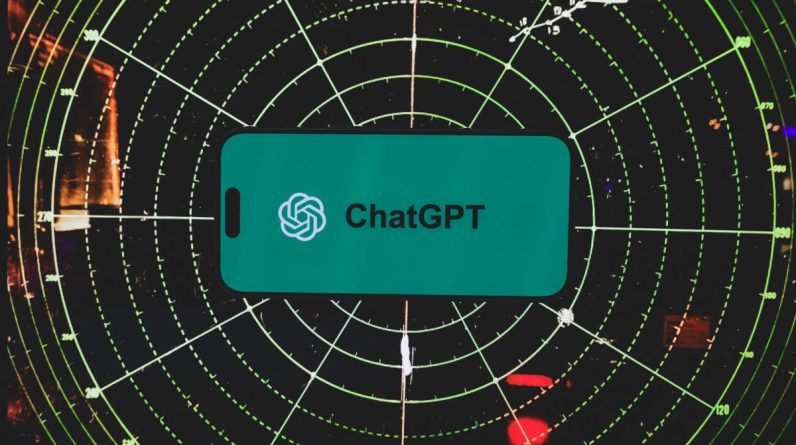
But let’s be real—getting started with AI and building a business with this new technology can feel overwhelming. The jargon, the tools, the endless possibilities—it’s a lot to take in. That’s why this guide by Liam Ottley is designed to break it all down into manageable steps, using relatable examples and accessible platforms. From understanding the core components of AI agents to crafting your first project and even turning it into a profitable service, you’ll find everything you need to get started. Whether you’re dreaming of automating workflows, enhancing customer experiences, or simply exploring the potential of AI, this tutorial will help you turn those ideas into reality.
What Are AI Agents?
TL;DR Key Takeaways :
- AI agents are autonomous tools powered by large language models (LLMs), memory, knowledge bases, and APIs, designed to automate tasks like customer support, lead generation, and research.
- Building agents is now easier with platforms like Relevance AI, n8n, Voiceflow, and Agentive, allowing the creation of tools for sales, customer support, and workflow automation.
- Key techniques for effective AI agents include API integration, knowledge base utilization, prompt engineering, and error handling to enhance functionality and user experience.
- Monetizing AI agent skills involves offering education, consulting, or implementation services, with small to medium-sized businesses being ideal clients due to their lack of in-house AI expertise.
- Beginners can start by learning through tutorials, building sample agents, and using resources like templates, guides, and community support to transition from learning to earning in the AI space.
AI agents are intelligent, autonomous systems designed to perform tasks, respond to instructions, and interact with users in a meaningful way. They are built using a combination of advanced technologies that enable them to function effectively:
- Brain: The core intelligence of an AI agent is powered by large language models (LLMs) such as ChatGPT or Claude, which allow the agent to understand and generate natural language.
- Memory: This component enables the agent to track ongoing interactions, recall past conversations, and maintain context for seamless communication.
- Knowledge: Agents access external data sources, knowledge bases, or preloaded information to provide accurate and relevant responses.
- Tools: Integration with APIs and platforms allows agents to perform specific actions, such as retrieving data, sending emails, or scheduling appointments.
These agents are widely adopted across industries for tasks such as customer support, lead generation, appointment scheduling, and research automation. By automating repetitive processes, AI agents not only save time and resources but also enhance operational efficiency, making them a valuable asset for businesses of all sizes.
How to Build AI Agents
Building AI agents has become increasingly accessible due to the availability of user-friendly platforms and tools. Here are some popular platforms you can use to create your own agents:
- Relevance AI: Ideal for generating company research, pre-call reports, and other data-driven insights.
- n8n: A workflow automation tool that simplifies tasks like lead qualification and email notifications.
- Voiceflow: A platform for designing conversational and voice-based agents for websites, phone systems, and chat applications.
- Agentive: A deployment platform that allows you to host AI agents on messaging platforms like WhatsApp or Slack.
For example, you could create a sales Copilot that provides sales representatives with detailed prospect research or an automated lead qualification agent to streamline client acquisition. Platforms like Voiceflow also enable the development of customer support agents that interact with users via chat or phone, improving customer engagement and satisfaction.
Building & Selling AI Agents for Profit
Master AI Agents with the help of our in-depth articles and helpful guides.
Key Tools and Techniques for AI Agents
To build effective and reliable agents, it is essential to use the right tools and techniques. These elements enhance the agent’s functionality and ensure a smooth user experience:
- APIs: Integrate external tools such as Relevance AI, Firecrawl, or AirTable to expand the agent’s capabilities and enable complex tasks like data retrieval or workflow automation.
- Knowledge Bases: Upload FAQs, documentation, or other resources to equip your agent with accurate and contextually relevant information.
- Prompt Engineering: Design clear, concise, and precise prompts to guide the agent’s behavior and improve its ability to execute tasks effectively.
- Error Handling: Implement fallback mechanisms to address unexpected scenarios and ensure smooth interactions even in edge cases.
For instance, effective prompt engineering can significantly improve the agent’s ability to understand user intent, while API integrations allow it to perform advanced tasks like retrieving real-time data or automating repetitive workflows. Additionally, robust error-handling strategies ensure that the agent remains reliable and user-friendly.
Monetizing Your Agent Skills
Once you’ve developed the skills to build AI agents, there are several ways to turn your expertise into a profitable business. Here are some strategies to monetize your knowledge:
- Education: Create workshops, online courses, or training sessions to teach businesses and individuals about AI and its practical applications.
- Consulting: Offer consulting services to help businesses identify opportunities for AI integration and develop tailored solutions to meet their specific needs.
- Implementation: Build and deploy custom AI systems for businesses, addressing challenges such as customer support automation, lead generation, or workflow optimization.
Small to medium-sized businesses (5–500 employees) are particularly promising clients, as they often lack in-house AI expertise but are eager to adopt innovative solutions. You can attract clients by using your professional network, engaging in warm outreach, or sharing valuable insights and tutorials in AI-focused communities to establish credibility and showcase your expertise.
Getting Started: A Roadmap for Beginners
If you’re new to building AI agents, follow this step-by-step roadmap to get started and transition from learning to earning:
- Expand Your Knowledge: Begin by completing tutorials, experimenting with pre-built templates, and building sample agents to gain hands-on experience.
- Choose a Focus: Decide whether you want to specialize in technical implementation, educational content creation, or consulting services.
- Start Monetizing: Offer your services to warm connections, create content to attract potential clients, or join AI communities to network and showcase your skills.
By following this roadmap, you can build a strong foundation in AI agent development and gradually establish yourself as a trusted expert in the field.
Media Credit: Liam Ottley
Filed Under: AI, Guides
Latest Geeky Gadgets Deals
If you buy something through one of these links, Geeky Gadgets may earn an affiliate commission. Learn about our Disclosure Policy.
Originally Appeared Here








